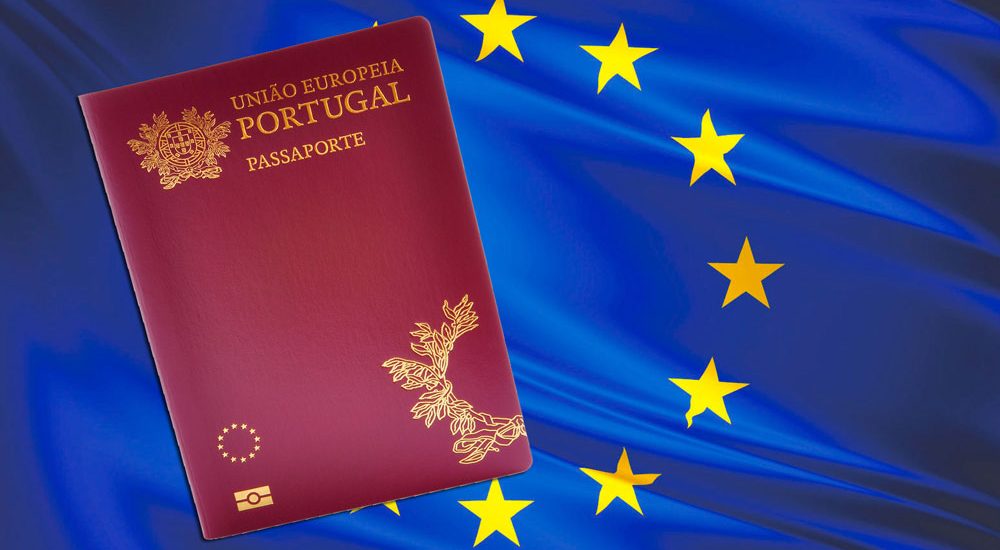These are the most common mistakes that can be made while processing a Citizenship by Investment applications and we tell you how you can avoid them.
1. Initial KYC checks
Authorised Agents assist the main applicant with their application by helping them obtain all the required documentation and submitting the application on the main applicant’s behalf to the Citizenship by Investment Unit (CBIU).
The first step of the robust due diligence process begins with the Authorised Agent’s know-your-client checks.
It is essential to run internal due diligence processes to pre-screen the applicant. The information found will indicate whether they are a suitable candidate for citizenship. This takes few days (or week), a report is produced by third party security firm. Investors and family members must provide full disclosure of their background to the agent in order to provide a qualified advice.
The Citizenship by Investment (CBI) Programme mandates strict due diligence processes and robust vetting of potential investors.
2. Missing important documents
Authorised Agents assist applicants through the process of preparing all the paperwork before submitting it to the CBIU. This detailed procedure includes the completion of both forms and all supporting documents. All colour copies of documents must be notarised and legalised before they are submitted, and any documents in a foreign language must be translated, notarised, and legalised prior to submission.
If any of these documents are not translated, notarised and legalised correctly, there could be a delay in the processing times of the application.
3. Police clearance certificates
A Police Clearance Certificate is a document provided by a law enforcement agency confirming the absence of a criminal record. These certificates are usually required for each applicant and dependant aged sixteen years and over.
The document is needed from the country of birth, country of citizenship, and should it be different, the country of residence. A police clearance certificate is also required from any country the applicant has resided in for more than six months in the past ten years.
For children aged twelve to fifteen, a sworn affidavit by the parent confirming that a child does not have a criminal record is required.
4. Lack of proof of origin or insufficient funds
When the process reaches the stage of evidencing the origin of the applicant’s funds, and its complexity depends on the circumstances specific to each case. If an applicant claims that their source of funds is from the sale of real estate, then a sale and purchase agreement in support must be provided.
If an applicant is an entrepreneur or self-employed and own their own companies, then their source of funds is commonly linked/derived from the profits of their business. The applicant will need to provide a copy of the shareholder’s certificate, memorandum of association, or company incorporation documents.
If applicants have derived their source of wealth from cryptocurrency, an increasingly popular instance as the world of virtual assets continues to advance, then an applicant must show the origin of the funds they invested in a sworn affidavit. Here, the applicant explains how they purchased cryptocurrencies, the value of the cryptocurrencies in US dollars, how they made a profit, and confirm that they will be liquidated in the amount required for payment of the investment. In such cases, applicants must also show a copy of their crypto portfolio showing purchases and sales.
Applicants need to be able to commit to the required investment. They can prove this by showing presence of enough funds in their bank account to make the required investment. Authorised Agents can attest to this commitment by checking bank statements before submitting the application to the CBIU.
For example, a single applicant should have an amount of US $100,000 on their bank statements to prove that they can make the investment.
5. Outdated documents
Gathering the required documents should be done in a timeous manner that ensures that they will not expire. For example, reference letters and proof of address must be dated within the past three months at the time of submission.
6. Education enrolment
Letter of recommendation to be produced from the head of the school/university for children between 12 and 18 years old. Official transcripts from an institution of higher learning or a letter from the competent authority confirming enrolment for children aged 18 to 30 who are currently in a recognised institution of higher learning
7. Health certificates
Applicants must produce the two important documents. HIV test results (for all applicants aged 12 or above) and Routine blood and urine test results. Health certificates must not more than 3 months old.
8, Banking transactions
Banks receiving funds also do specific background check on transactions involving applicant funds. Agents usually inform applicants that their bank reference and audited financial reports for the two most recent years are required by the bank in order to process the funds.
9. Restricted countries
Agents also do specific eligibility check on applicants making sure they do not submit applications from banned country nationals.
10. Visa refusal
Visa refusals also make applicants inadmissible to CBI programs. (eg from UK, Schengen, Russia etc) with all countries where visa waiver agreements apply.
11. Legalisation
All colour copies of documents must be notarised and legalised before they’re submitted. If any documents are not in English, they must be translated, notarised, and legalised prior to submission. The Original birth certificate may be produced at the time of applying for passport.
12. Age limits
Be sure to take age limit into account. Most CBI programs do not accept siblings or dependent children above 30 years of age. (exceptions apply to mentally challenged dependants)





